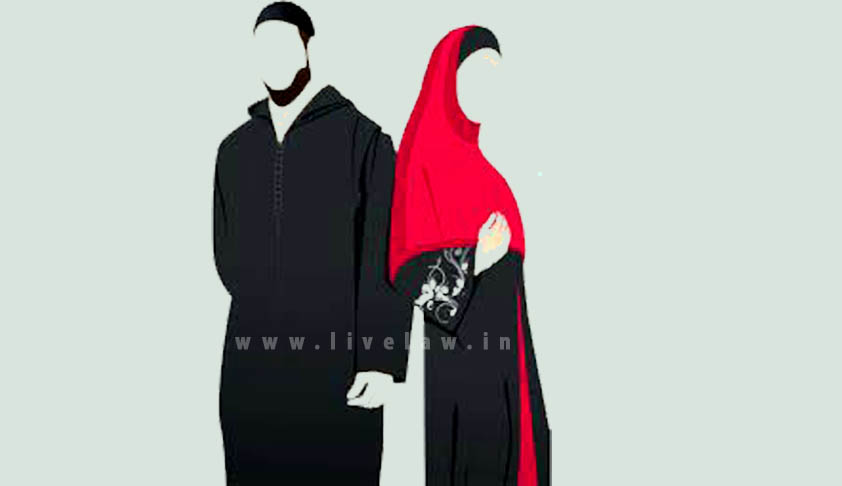Women cannot be treated as beggars and their grace cannot be lowered in rightful claim to maintenance after divorce if the husband has since then retired from his service ; SC
LIVELAW NEWS NETWORK
6 April 2015 10:41 PM IST

Next Story
6 April 2015 10:41 PM IST
